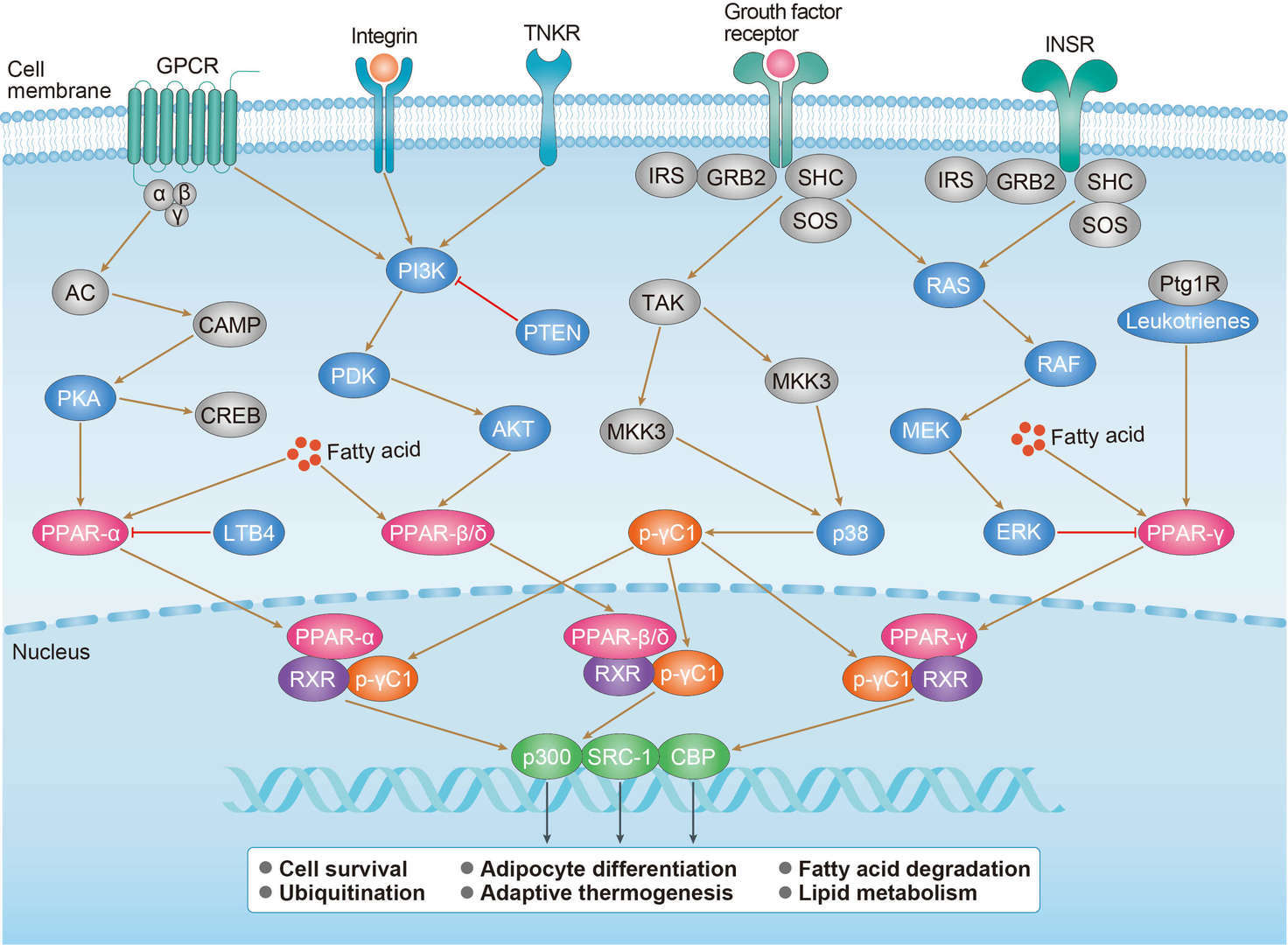 Loading...
Loading...

PDK3
Disease related genes, Enzymes, Human disease related genes, Metabolic proteins, Potential drug targets
Intracellular
Cell type enhanced (Excitatory neurons, Inhibitory neurons, Early spermatids)
Low immune cell specificity
Low cell line specificity
Homodimer. Interacts with the pyruvate dehydrogenase complex subunit DLAT, and is part of the multimeric pyruvate dehydrogenase complex that contains multiple copies of pyruvate dehydrogenase (E1), dihydrolipoamide acetyltransferase (DLAT, E2) and lipoamide dehydrogenase (DLD, E3).
Kinase, Transferase
-
- Derivation: Phage display library screening
- Species Reactivity: Mouse, Rat, Predicted to work with: Human
- Type: IgG
- Application: WB, FC
Our customer service representatives are available 24 hours a day, from Monday to Sunday. Contact Us
Can't find the products you're looking for? Try to filter in the left sidebar.Filter By Tag
For Research Use Only. Not For Clinical Use.

 PPAR Signaling Pathway
PPAR Signaling Pathway